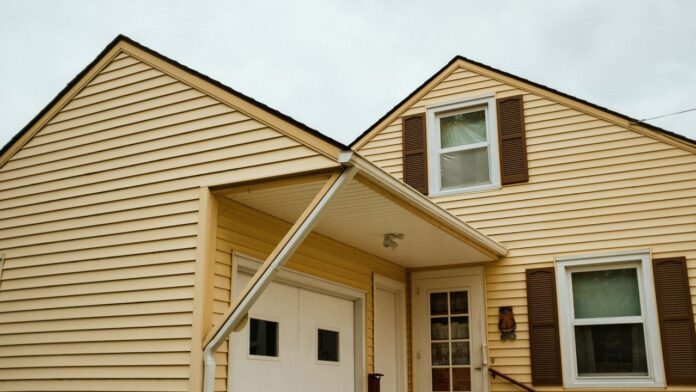As the colder months approach, so does the potential for winter weather to wreak havoc on your home. Snow, ice, freezing temperatures, and harsh winds can all take a toll on your property if you’re not adequately prepared. Fortunately, there are several proactive steps you can take to protect your home from winter-related damage.
1. Proper Insulation and Weatherproofing
One of the primary lines of defense against winter weather damage is proper insulation and weatherproofing. Insulation helps maintain a consistent indoor temperature, reducing the strain on your heating system and preventing ice dams on your roof. Make sure your attic, walls, and basement are well-insulated to keep the cold air out and the warm air in. Weatherproofing involves sealing gaps and cracks around doors, windows, and other openings that could let cold air in or warm air out. Caulking and weatherstripping are cost-effective solutions that can make a significant difference in maintaining a comfortable indoor environment and reducing your energy bills. Moreover, consider installing storm doors and windows to add an extra layer of protection against the elements. You may also need to contact a licensed installer of James Hardie siding in Denver for new siding.
2. Roof and Gutter Maintenance
Your roof and gutters are highly susceptible to damage during the winter months. Heavy snow accumulation and ice dams can lead to leaks and structural issues. Regular roof inspections are crucial to identify any weak spots or damaged shingles that need immediate attention. Replace any missing or damaged shingles promptly to prevent water infiltration. Gutters play a vital role in diverting water away from your home’s foundation. Clean your gutters before winter to prevent clogs that could lead to ice dams or water overflowing and seeping into your home. Consider installing gutter guards to keep debris out and ensure proper water flow. It’s also a good idea to extend downspouts away from your home’s foundation to prevent water from pooling near the base of your house.
3. Heating System Maintenance
Your heating system will be working overtime during the winter months, so it’s essential to ensure it’s in proper working condition. Schedule a professional inspection and maintenance for your furnace or heating system before the cold weather sets in. This will not only improve the system’s efficiency but also reduce the risk of a breakdown in the middle of a chilly night. Regularly changing the furnace filters is a simple yet effective way to keep your heating system running smoothly. Clean filters improve indoor air quality and help the system function optimally. Additionally, consider installing a programmable thermostat to regulate your home’s temperature more efficiently and save on energy costs.
4. Preventing Frozen Pipes
Frozen pipes can lead to disastrous consequences, including burst pipes and water damage. To prevent this, insulate exposed pipes in unheated areas like basements, attics, and crawl spaces. You can use pipe insulation sleeves or heat tape to provide an extra layer of protection. Allowing faucets to drip slightly during extremely cold nights can also help prevent pipes from freezing. Running water is less likely to freeze, reducing the pressure within the pipes. If you plan to be away from home, keep your thermostat set to a reasonable temperature to ensure that your pipes remain above freezing.
5. Landscape and Yard Preparations
Your yard and landscaping elements can contribute to winter-related home damage if not properly maintained. Trim overhanging branches that could potentially break under the weight of snow or ice and damage your roof or other structures. Clear fallen leaves and debris from your yard to prevent waterlogging and potential flooding. If you have a sprinkler system, make sure to drain and shut it off before the freezing temperatures arrive. Water left in the pipes can freeze and cause the pipes to crack or burst. Additionally, store outdoor furniture, grills, and other items in a protected area or cover them securely to prevent damage from snow and ice.
Conclusion
Winter weather can be harsh and unforgiving, but with proper preparation and maintenance, you can safeguard your home against its potential damage. By following these five essential steps, you’ll be well on your way to enjoying a comfortable and damage-free winter season in your home. Remember, a little preventive effort now can save you from costly repairs later.








